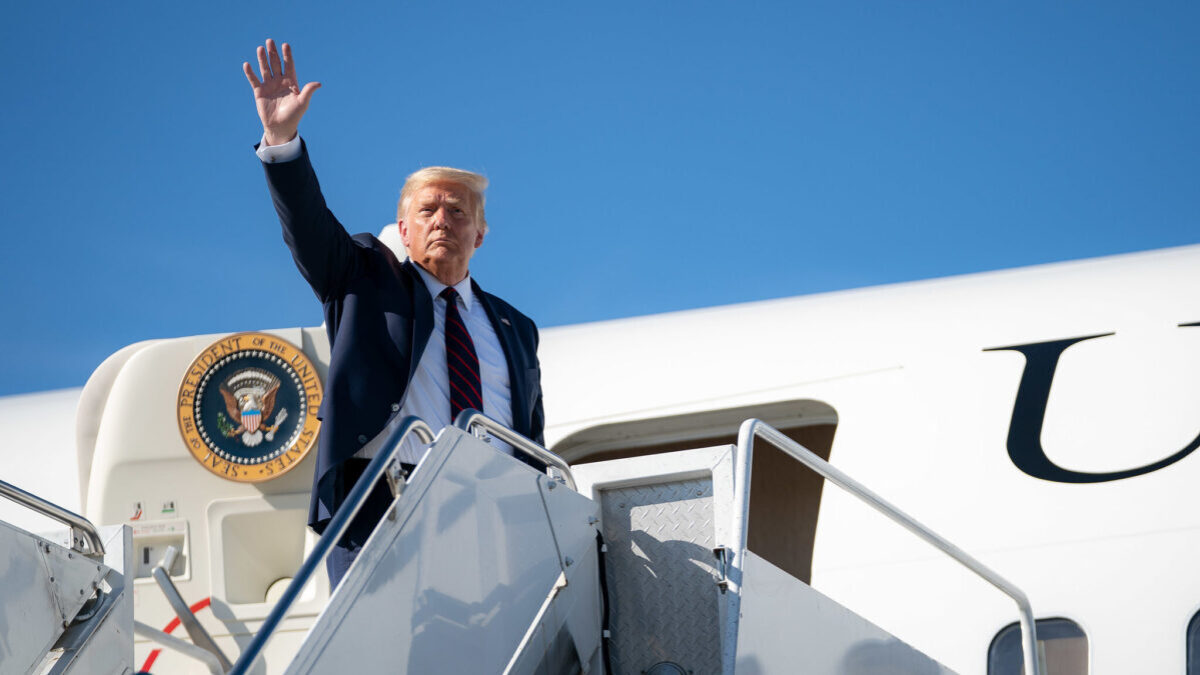
Democrats’ years-long “get Trump” campaign culminated on Thursday when a Manhattan grand jury voted to indict the former president.
Instead of devoting the time to keeping violent criminals off of New York City’s streets, Manhattan District Attorney Alvin Bragg recently decided to manufacture justification to go after former President Donald Trump for using his personal lawyer at the time to pay $130,000 to on-screen prostitute Stormy Daniels shortly before the 2016 election.
If Bragg gets his way, Trump could face jail time over a case that Bragg, the Department of Justice, Bragg’s predecessor, and the Federal Election Commission previously decided not to pursue.
Specific charges and potential punishment for Trump have yet to be released but the fact that a felony indictment was even handed down opens the door for political prosecutions to become the norm in the U.S. Specifically, partisan operations against Republicans but not Democrats who have engaged in the same kinds of behavior.
The decision comes just two weeks after Trump predicted that he would be arrested in the coming days. Once the grand jury officially announced the indictment, Trump denounced the decision as “weaponizing our justice system to punish a political opponent.”
“This is Political Persecution and Election Interference at the highest level in history,” Trump said in a statement. “From the time I came down the golden escalator at Trump Tower, and even before I was sworn in as your President of the United States, the Radical Left Democrats- the enemy of the hard-working men and women of this Country- have been engaged in a Witch-Hunt to destroy the Make America Great Again movement.”
As legal scholars and pundits have explained, the charge Bragg likely planned to bring against Trump would technically be a misdemeanor that is subject to a two-year statute of limitations and carries no serious ramifications other than fines. Considering Democrats’ vendetta against the Republican, however, Bragg pursued felony charges against Trump — likely for falsifying business records to conceal federal campaign finance violations.
That type of felony has a five-year statute of limitations but as Federalist Legal Correspondent Margot Cleveland noted in her coverage last week, Bragg can and likely will circumvent those limitations.









